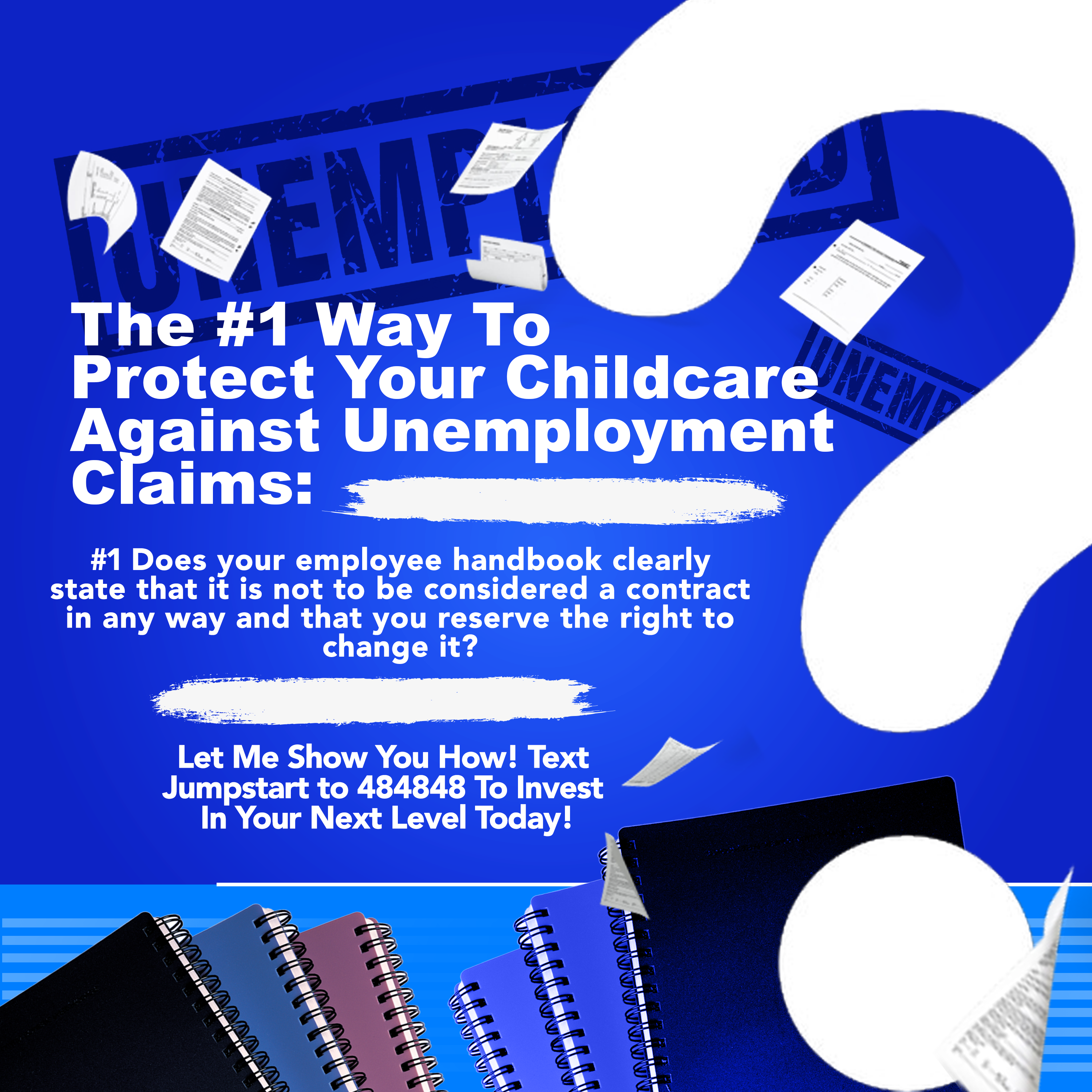How Employee Handbooks Become Contracts


Hey there childcare business owner. This is your coach, Andrea Dickerson, and I’ve got a question for you. Is it possible that the wording of your current employee handbook leaves you open to your handbooks becoming contracts? If you’ve never heard of this, then let me explain to you exactly what I mean.
One-size-fits-all employee handbooks should reflect your organization, your policies, and the laws in your state. The risk of using a form handbook without addressing the needs to reflect your organization may leave you with irrelevant policies and procedures or several hit and miss topics that you do not adequately address because your handbook does not allow you the written processes and procedures to stay current and up to date with your employee handbooks. One of the critical parts of your handbook that we want to talk about in today’s blog is your at-will policy and procedure.
![]()

The Probation Period
While you may have other conflicts in policies, we want to focus on your probation trap. If you promise a worker that she’ll become a permanent employee after completing your probationary period, you may be unknowingly contracting to keep her on forever. Employee contracts are no longer at-will employees, which means when the person is no longer at-will, there are particular processes that you will need to perform before the employee is relieved of their duties in your organization.
Whenever you are inconsistent in your handbooks, remember this
Writing or modifying your employee handbooks allows an employer to look at the big policy and procedure picture. It allows you to resolve the conflict between your policies or procedures before publishing your updated revised copy. Can you imagine having an employee that presents your handbook to the Department of Labor and says that they were offered a job once they ended their 90 days? Can you imagine not following your own policies and procedures and finding them inconsistent with your disciplinarian process and how you can still become liable to pay an employee’s unemployment benefits all because there were two mistakes that you made? Number one, your handbook was not updated. It insinuated that if you pass 90 days, you become a full-time employee. What if you didn’t have hours to offer that employee? Did you know that they can go and file for partial unemployment because your handbook states that they become a full-time employee after 90 days?

Number two
Did you know that without having the particular disclaimer that says: “Disclaimer: This handbook is not a contract,” it is possible that your handbook can be indicated as a contract unless it is plainly written and signed. Never tell your employees that after their probationary period ends that they will be a permanent full-time employee. Never allow your handbook to become an accidental contract. Failure to update old information can lead to confusion, discontentment, and litigation. Always keep your handbooks up-to-date and straightforward.
I believe that your employee handbook should easily spell out your 90-day policies and procedures, but it is your job as the owner or director to ensure that all policies during these 90 days are followed, otherwise, if a promise has been made that this person that successfully completes the 90-day probation can become an employee, you are now liable to provide all the benefits that you said this person will be eligible for after the 90 days. I believe that coaching and consulting will help you avoid several of these pitfalls. Don’t go another day without your handbooks ready for success.

With my 8-week coaching program, you’ll learn practical, easy-to-understand tips for spotting mistakes in your employee handbooks and exactly how to fix them. If your employee handbooks are requiring change, sign up now and let me coach you towards success. Go to www.andreasjumpstartstrategy.com.

